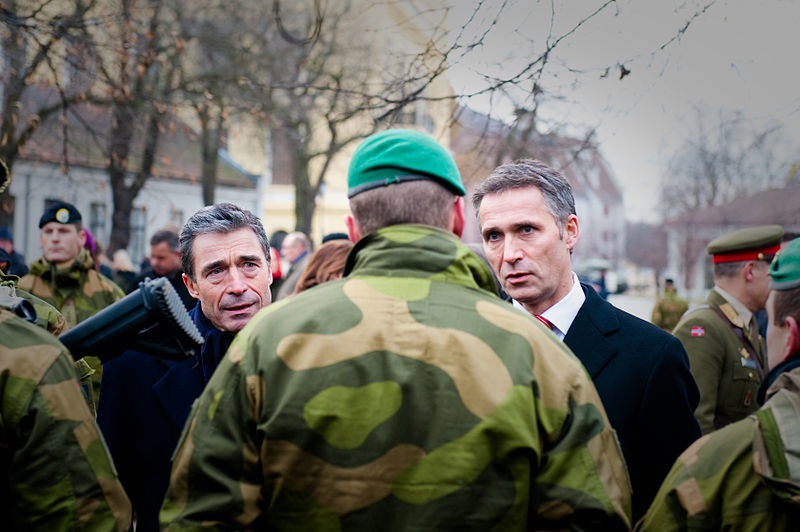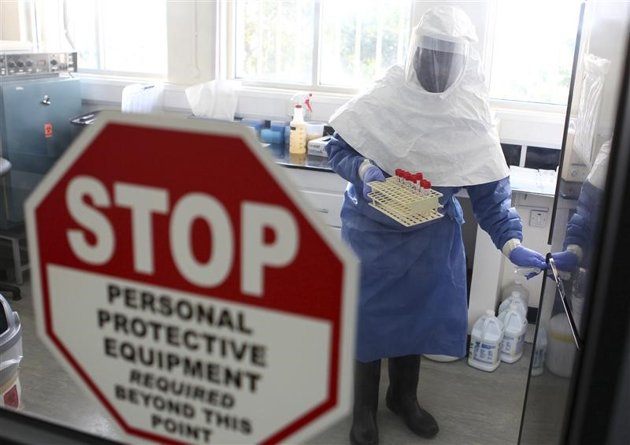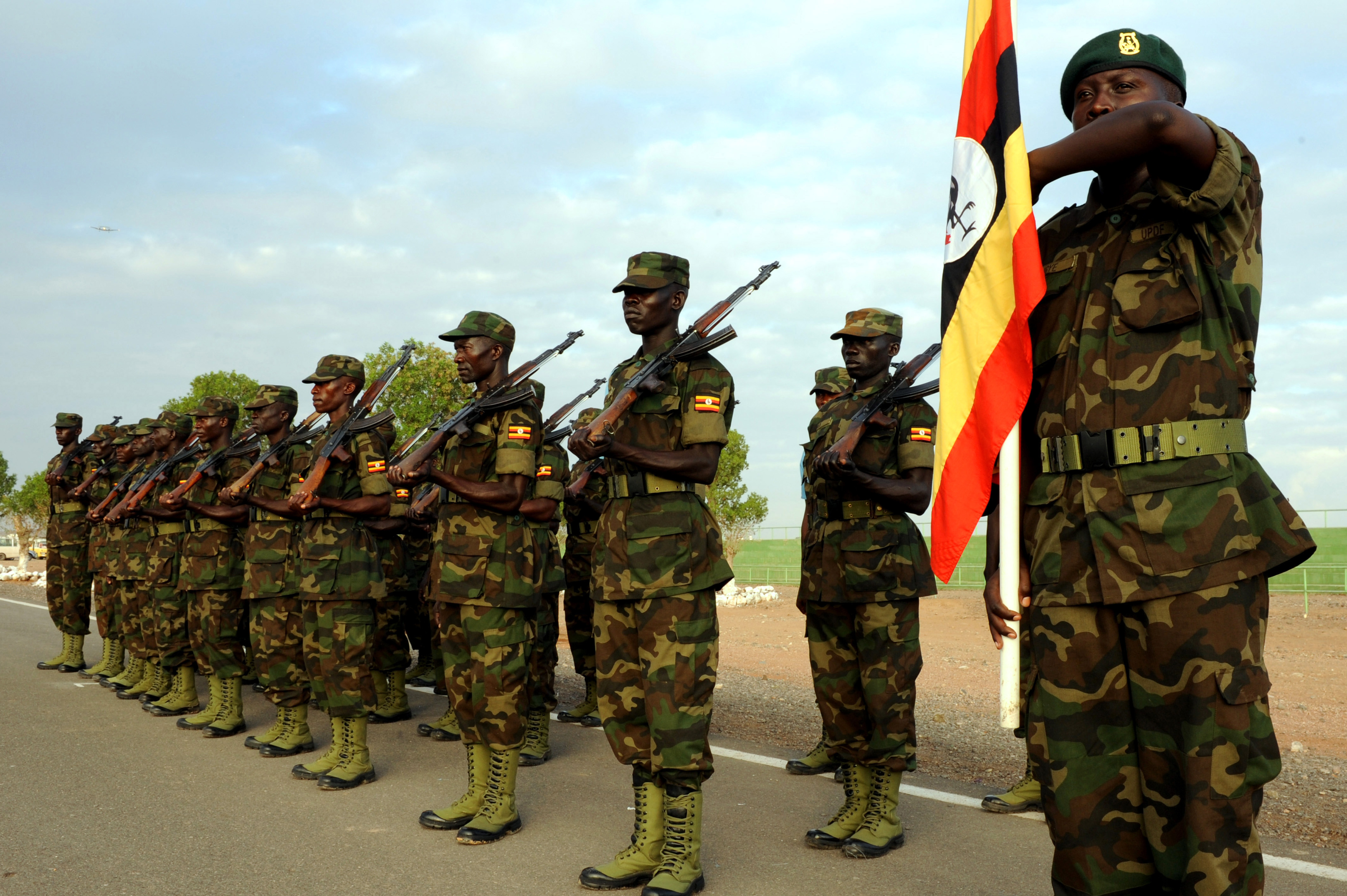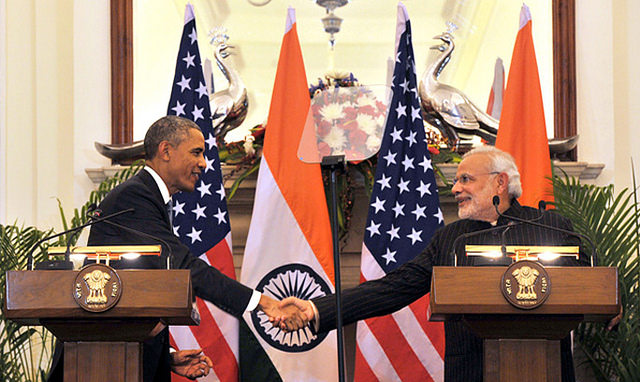The effectiveness of NATO operations is grounded in interoperability, which is defined by the Alliance as “the ability for Allies to act together coherently, effectively and efficiently to achieve tactical, operational, and strategic objectives”. The end of the Cold War shifted the discussion of international stability from territorial defence to multinational expeditionary missions. Allied interoperability among NATO members is essential to the success of the latter, and NATO has made a commitment to dismantle tactical challenges such as technological differences, command and control, doctrinal differences and resource gaps. To this end, fostering cooperation between national reserve officer associations is imperative. The commitment to doing so is taken on by the Interallied Confederation of Reserve Officers, commonly referred to by its French acronym CIOR.
CIOR is a NATO-affiliated, non-profit and non-political organization that was founded in 1948 by the reserve officer associations of Belgium, Netherlands and France. Its primary role is to serve as an umbrella organization of members’ national reserve officer associations, and it meets twice a year, once in the summer and once in the winter, in order to resolve issues and provide analysis pertaining to reserve forces. Typically, the areas of focus at the meetings are things such as allocation of reserve forces to international operations, re-integration of reservists within their communities, the law of armed conflict, the impact of NATO expansion, and employer support.
One of the chief roles of the CIOR is to provide support for the growth and prosperity of the NATO alliance. It serves as the mouthpiece for issues regarding reserves, and provides advice on the best use of reserve forces. Through doing so, CIOR contributes directly to interoperability among NATO-member states in increasing cooperation between reserve forces of the Alliance and its partners.
CIOR serves as an enabler to NATO Transformation through coordinating response to the challenges posed by the diversity of military cultures, languages and geopolitical goals. Unique security concerns and economic factors must also be considered, as each NATO member has a particular set of goals with regards to these issues. Aside from their roles as reserve officers, many delegates of CIOR are business leaders, public servants and academics. Their collective task is to bring their unique expertise in resolving these challenges, and uniting nations by providing them with a platform to create cross-cultural dialogue.
CIOR is also highly committed to professional development. It provides cost-effective programs that benefit reserve associations and the NATO Alliance as a whole. As per its constitution, CIOR has a rotating presidency, and an Executive Council comprised of vice-presidents of participating nations. The length of a presidential term is two years, with the Czech Republic currently holding the presidency since August 2016. The organization includes nine unique committees, each with a set of individual goals pertaining to the overall mission of CIOR. One of these committees, the Civil Military Co-operation (CIMIC) committee is designated specifically to provide advice on the best utilization on Reservists from the CIOR perspective, and to act as a forum for discussions regarding Reserve matters. It takes into consideration the relevant developing trends and requirements amongst member nations. The CIMIC committee within CIOR plays a crucial role in furthering interoperability among the national reserve associations and the members of the NATO alliance.
CIOR is also partnered with the Interallied Confederation of Medical Reserve Officers (CIOMR), an organization that unites the national medical associations of reserve medical surgeons. Its primary roles are to establish a close connection between the medical reserve personnel within the NATO Alliance, to study important military matters and to promote effective cooperation with the medical services of the active forces. Its meetings are held in conjunction with meetings of the CIOR organization, twice a year.
Commitments to overcome the challenges posed by different geopolitical goals, military ideologies, resources and technological disparities among NATO members are integral steps in fostering allied interoperability. The NATO Alliance is dependent on the ability of its members to work in conjunction with one another’s interests. In providing a platform for resolving disputes amongst the nations’ national reserve officer associations, and committing to the growth and prosperity of the NATO Alliance, CIOR serves an integral role in furthering allied interoperability.
Photo: Jens Stoltenberg in a Northern village (2011), by Soldatnytt via Wikimedia Commons. Licensed under CC BY 2.0.
Disclaimer: Any views or opinions expressed in articles are solely those of the authors and do not necessarily represent the views of the NATO Association of Canada.




